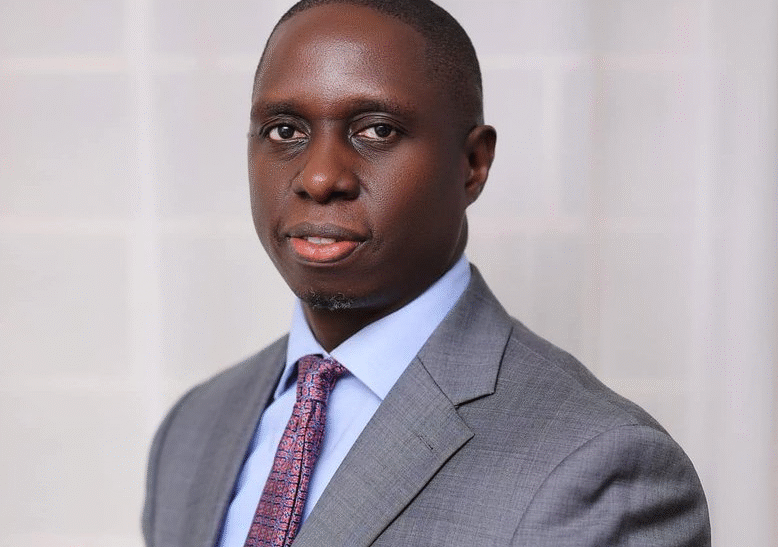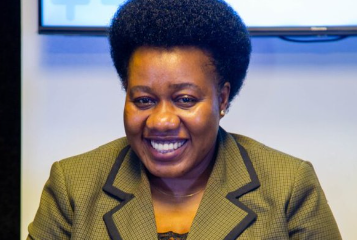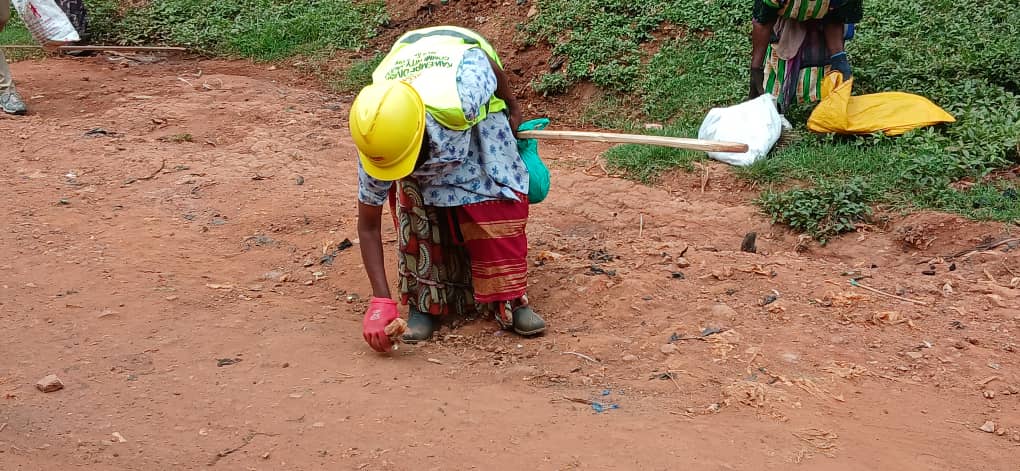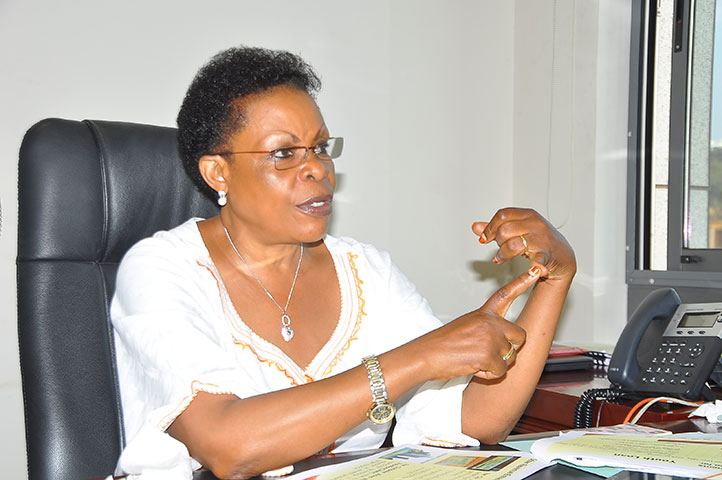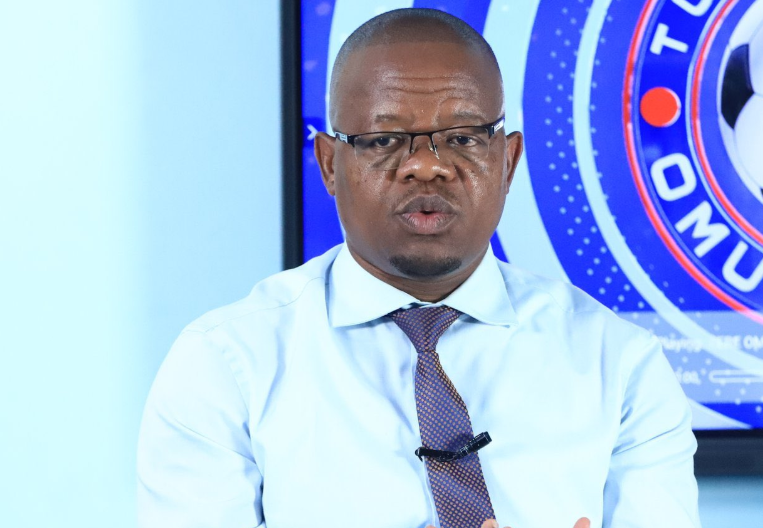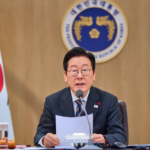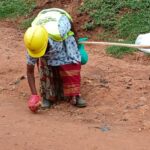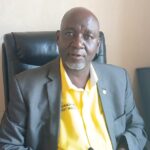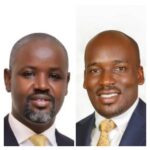Kampala Central MP and President of the Ecological Party of Uganda, Muhammad Nsereko, has officially entered the 2026 presidential race after picking up nomination forms from the Electoral Commission.
Nsereko now joins a growing list of over 175 presidential aspirants eyeing Uganda’s top seat, including long-time incumbent President Yoweri Museveni (NRM), Robert Kyagulanyi Ssentamu aka Bobi Wine (NUP), and Nobert Mao (DP).
In 2011, Muhammad Nsereko contested the Kampala Central Division parliamentary seat on the ruling National Resistance Movement (NRM) party ticket and won. During the 9th Parliament (2011–2016), he became a vocal critic of the NRM’s governance.
Nsereko outlined several points of disagreement with the party, including: Opposition to the proposed conversion of Mabira Forest Reserve into sugar plantations, Rejection of proposals to scrap bail for certain crimes and Strong condemnation of rampant corruption among the ruling elite.
Others included Concern over high youth unemployment and Support for the restoration of presidential term limits, which were abolished in 2005
His open defiance led to his expulsion from the NRM in April 2013, along with three other Members of Parliament. The group became popularly known as the “Rebel MPs.”
In September 2013, the Constitutional Court ruled (4–1) that the four MPs should vacate their seats until it could decide whether they should remain in Parliament. However, three days later, on 10 September 2013, the Supreme Court ruled (6–1) that they should retain their seats until the Constitutional Court completed its deliberations.
Ultimately, on 12 February 2014, the Constitutional Court ruled that the MPs should vacate Parliament. This decision was later overturned by the Supreme Court on 30 October 2015, allowing Nsereko and his colleagues to return as independents.
In 2016, Nsereko was re-elected to the 10th Parliament (2016–2021) as an independent. He remained an outspoken opponent of constitutional amendments aimed at removing the presidential age limit.
The 2026 race is shaping up to resemble the 2021 presidential contest, where Museveni defeated several candidates, including Bobi Wine, amid widespread political tensions and global scrutiny.
Earlier this week, Bobi Wine officially joined the 2026 race after the National Unity Platform collected his nomination forms from the Electoral Commission. A delegation of senior NUP officials — including Secretary General David Lewis Rubongoya and Leader of the Opposition Joel Ssenyonyi — collected the forms following his endorsement at the party’s June delegates’ conference in Kamwokya.
Meanwhile, the ruling National Resistance Movement (NRM) has reaffirmed President Museveni as its flag bearer. Museveni, who has ruled since 1986, is now seeking a seventh term. His nomination forms were picked last week by NRM Secretary General Richard Todwong and First National Vice Chairperson Moses Kigongo.
“He was nominated unopposed within the party. As for those claiming otherwise — I don’t know who they are or where they are. The party unanimously endorsed him,” Todwong stated.
With more than 175 candidates having picked nomination forms, the 2026 election is shaping up to be one of the most contested in Uganda’s history. Aspirants from across the political spectrum — including from the Forum for Democratic Change (FDC) and other smaller parties — have also declared their intentions to run.
As the political season intensifies, the expected showdown between Museveni and Bobi Wine is likely to dominate the national conversation, reigniting debates around governance, democracy, and Uganda’s political future.
In the 2021 general election, Uganda had 18,103,603 registered voters across 34,684 polling stations, with a voter turnout of 57.2%. Museveni secured a sixth term with 6,042,898 votes (58.38%), while Bobi Wine came second with 3,631,437 votes (35.08%). The election featured 11 presidential candidates and was marred by allegations of electoral irregularities and limited political freedoms.
With 2026 approaching fast, Uganda’s political landscape is once again at a crossroads, balancing generational change and popular calls for reform against the grip of one of Africa’s longest-serving leaders.

